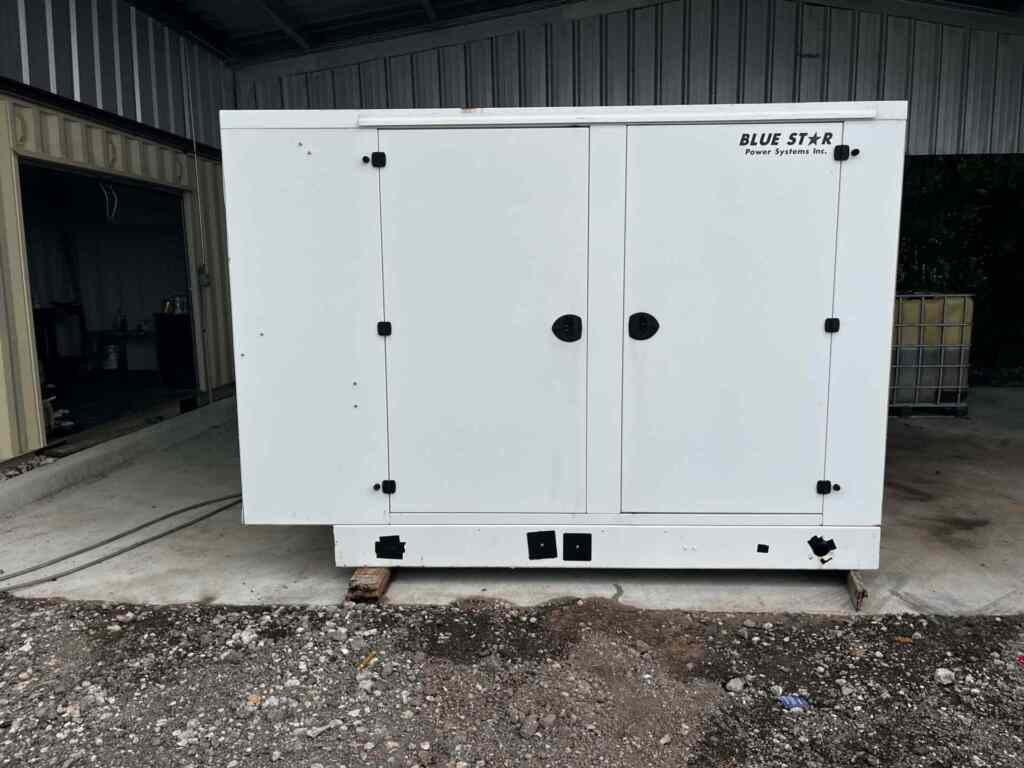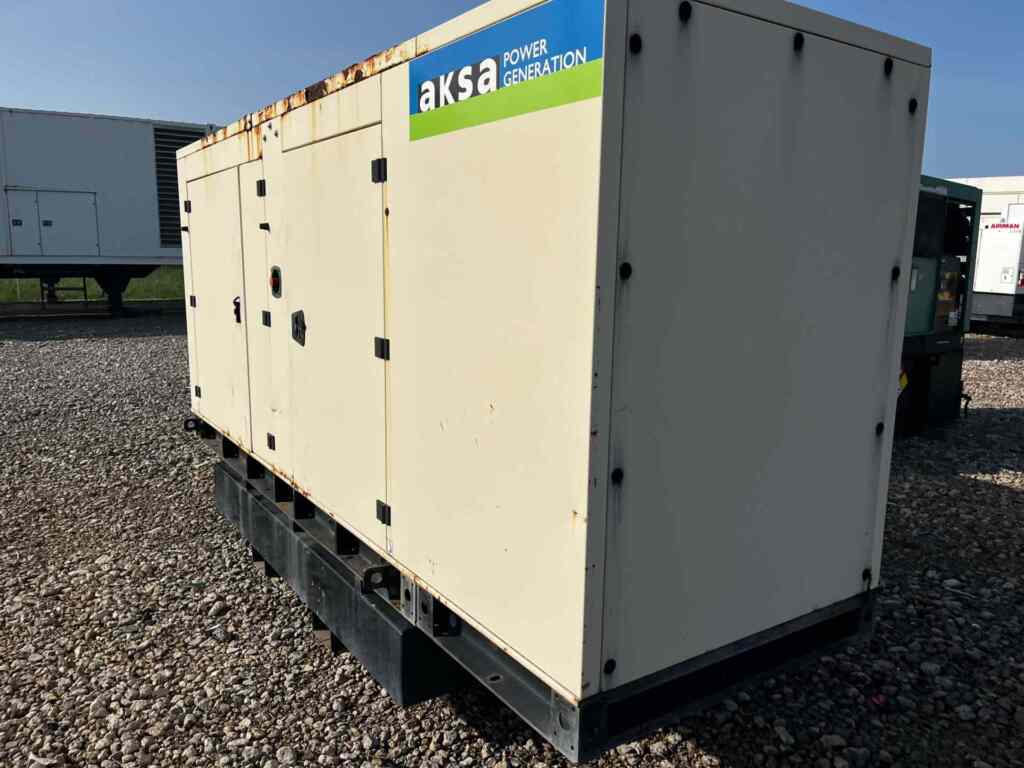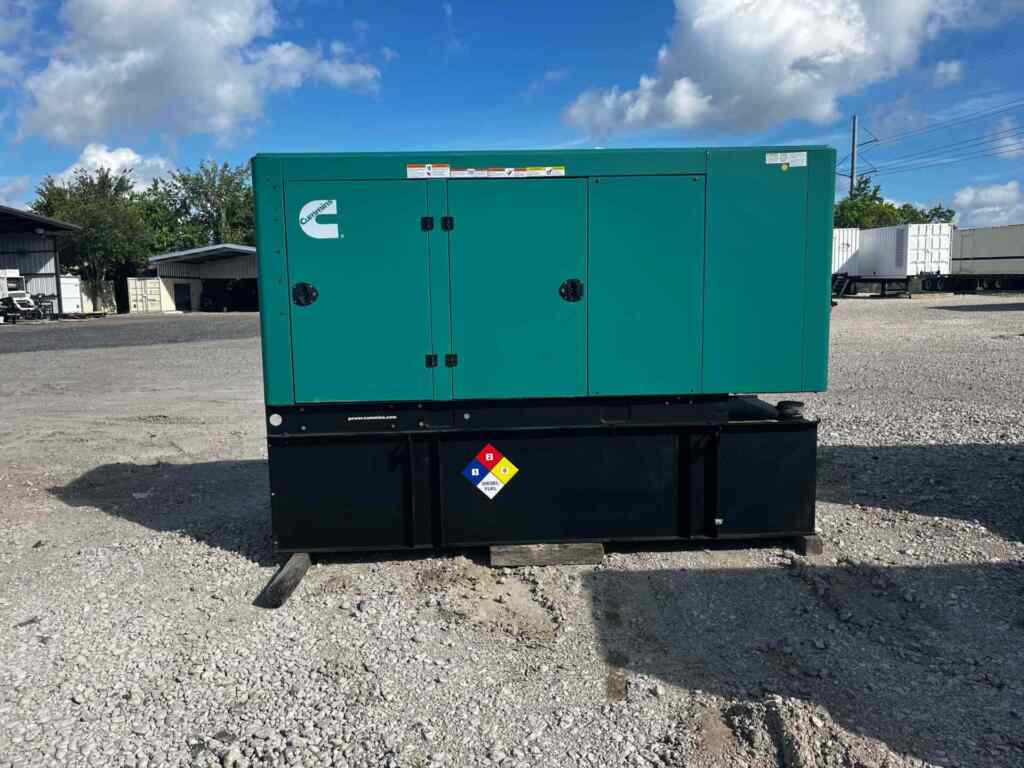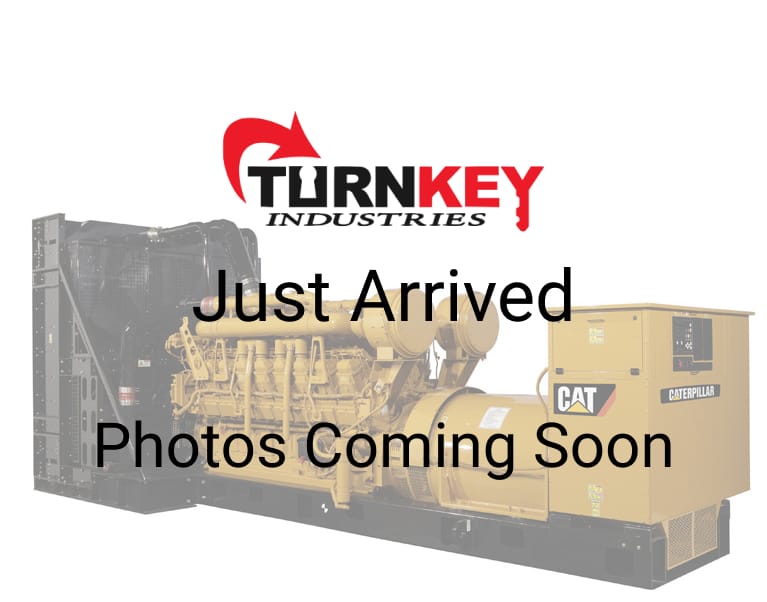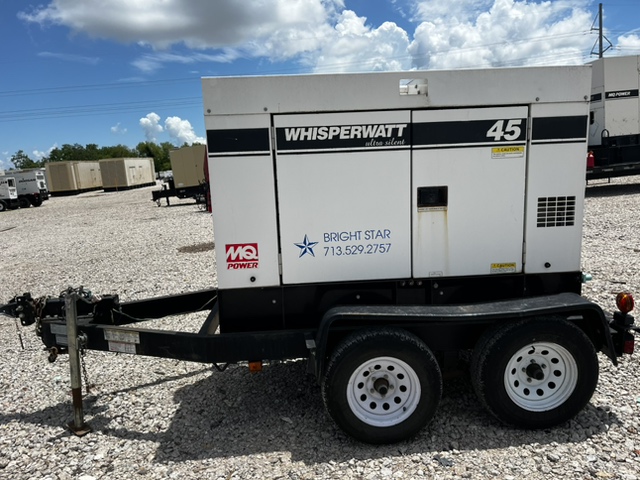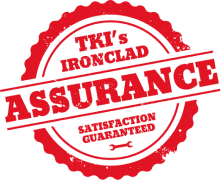Businesses and different industries can’t waste any time because time is money. However, keeping your doors open and your warehouse running isn’t an easy feat, as plenty of variables get in the way. One of the biggest variables is the weather, and one of the worst kinds of weather events that can happen and interrupt your normal business operations is a hurricane. Even generators have a difficult time in weather like this, but there are steps you can take to keep your lights on and keep your generators running. It requires work, but safely using an industrial generator during a hurricane is important and will help keep your business in power, regardless of the weather outside.
Generators in Extreme Weather
Before understanding how to use an industrial generator in a hurricane safely, it’s important to break down why these weather events are dangerous for generators. By understanding how this extreme weather interacts with the generators, you can better understand the steps you need to take to operate industrial generators safely.
Many businesses view generators as their perfect saviors. Extreme weather like hurricanes often interferes with the power grid, leading to power outages. Then, people turn to generators to turn the lights back on. However, the job doesn’t stop there; people must also protect their generators from these storms before the generators break or cause further damage to the electrical wiring in their business. Placement is important so you don’t poison yourselves or others in your business, but you must also consider variables like rain, humidity, wind, and flying debris.
Keep Your Generators Dry
Hurricanes are huge cyclones of wind that collect different groups of thunderstorms, and they’ll slowly move over an area until the storm dissipates. While moving over an area that potentially encapsulates your business, you will be hit with incredibly dangerous wind and high levels of rain. This rain is one of the worst things that hurricanes bring, and it can get in the way of your generator operation.
Water is a generator’s worst enemy. Small amounts of water and condensation can cause your generator to corrode, and that corrosion will make its way to your wires. Once these wires begin to corrode, the electrical connections they form will also stop working, so the generator’s purpose goes out the window. If it can’t make solid electrical connections to power your business and equipment, it’s time to repair it—or get yourself a new generator. Even if you dry out your generator, this rainwater still contains salt and other minerals that will remain and damage your generator over time.
In addition to water causing rust, a lot of the rainwater that can make its way to the inside of your generator will contain bacteria. When left alone for too long, this bacterium grows and will clog the engine filters, leaving you with a barely working generator.
Water and Fuel
In addition to water leading to corrosion and clogged filters, it can also interfere with the quality of the fuel you’re using. Water mixed with fuel causes your engine to run rough, and doing so worsens the fuel quality and produces a lot of smoke. The water that gets into your fuel will also have small, microscopic sediments, or even sometimes bigger sediment, which can cause clogs in your filter and fuel injection systems. Water getting into your generator is the last thing you want to have happen, but thankfully, there are ways to avoid it.
Keep Your Generator Outdoors
Using a generator in a hurricane requires some finesse to ensure the generator stays in good condition. Generators are a great way to power your business during hurricanes, but like any other machine that burns fuel, there will be exhaust. Generators will release carbon monoxide (CO), a toxic compound you should keep away at all costs. The placement of your generator is important so you can minimize the potential of you or your employees breathing this carbon monoxide.
Many people will use generators indoors to keep them out of the rain, which will quickly lead to carbon monoxide poisoning. Even a generator in the corner of a warehouse or near an open door or window will hurt you. The best rule of thumb is to keep your generator running at least six feet away from your business, away from doors and windows, and with the exhaust facing away.
If you’ve used a generator indoors or are working around one outdoors during a hurricane, it’s important to know the symptoms of carbon monoxide poisoning. The fumes often are odorless, so the only way to know if you’re inhaling too much is by noticing the different symptoms like:
- General nausea
- Dizziness
- Feeling weak
When using a generator, it’s important to have a carbon monoxide alarm nearby to alert you of any carbon monoxide. With an alert like this, you can take the necessary actions to fix or turn off the generator before the carbon monoxide overwhelms you.
Generator Placement in the Rain
If it’s still raining in your area, you must take some additional considerations with your outdoor generator. A great way to keep your generator free of water is by placing it somewhere, like under an open canopy. You can also invest in a tarp or tent to place your tent under. Placement like this will help keep rainwater from getting into your generator, but condensation and humidity will still negatively affect the generator. When using it outdoors, it’s still important to regularly check on it and ensure everything runs smoothly.
In addition to placing your generator safely to keep it out of the rain, you must ensure it’s not in standing water. When you have your generator on a wet surface or simply in water, you create a major hazard that can damage the generator and those around you. On top of generator placement, you must also ensure the generator is safe, and that means checking your cords for:
- Frayed plastic
- Cracks
- Exposed wires
- Broken grounding pins
The quality of your generator is important, and if it’s falling apart, you are only putting yourself in greater danger of electrocution.
Safely using an industrial generator during a hurricane requires some prep and a lot of care, but it’s all worth it in the end when your business stays up and running. However, the generator quality you have is often more important than the safety measures you take. Here at Turnkey Industries, we sell all kinds of generators you could ever need, including used trailer-mounted generators, so you can freely bring your generators to wherever you’re working. If you need a generator, don’t hesitate to contact us today to find the generator that’s right for you.
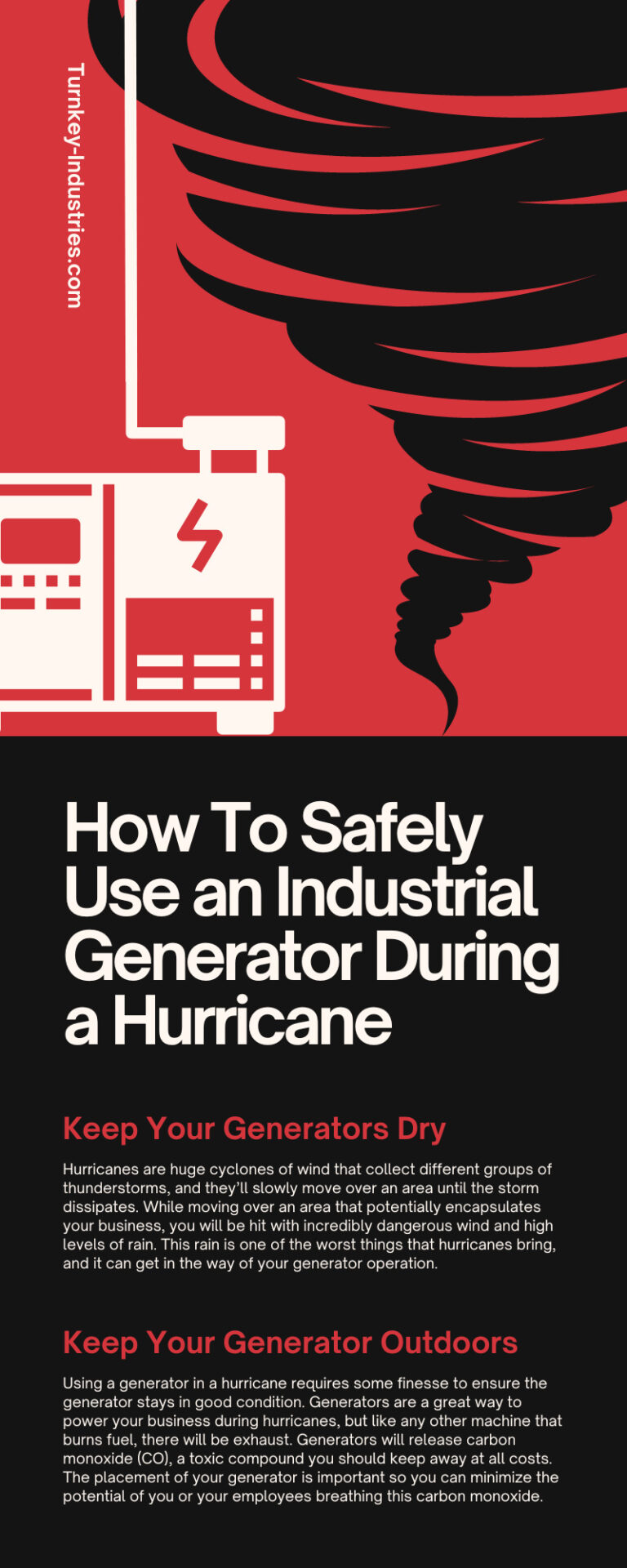
 Turnkey Industries offers a variety of high-capacity
Turnkey Industries offers a variety of high-capacity 